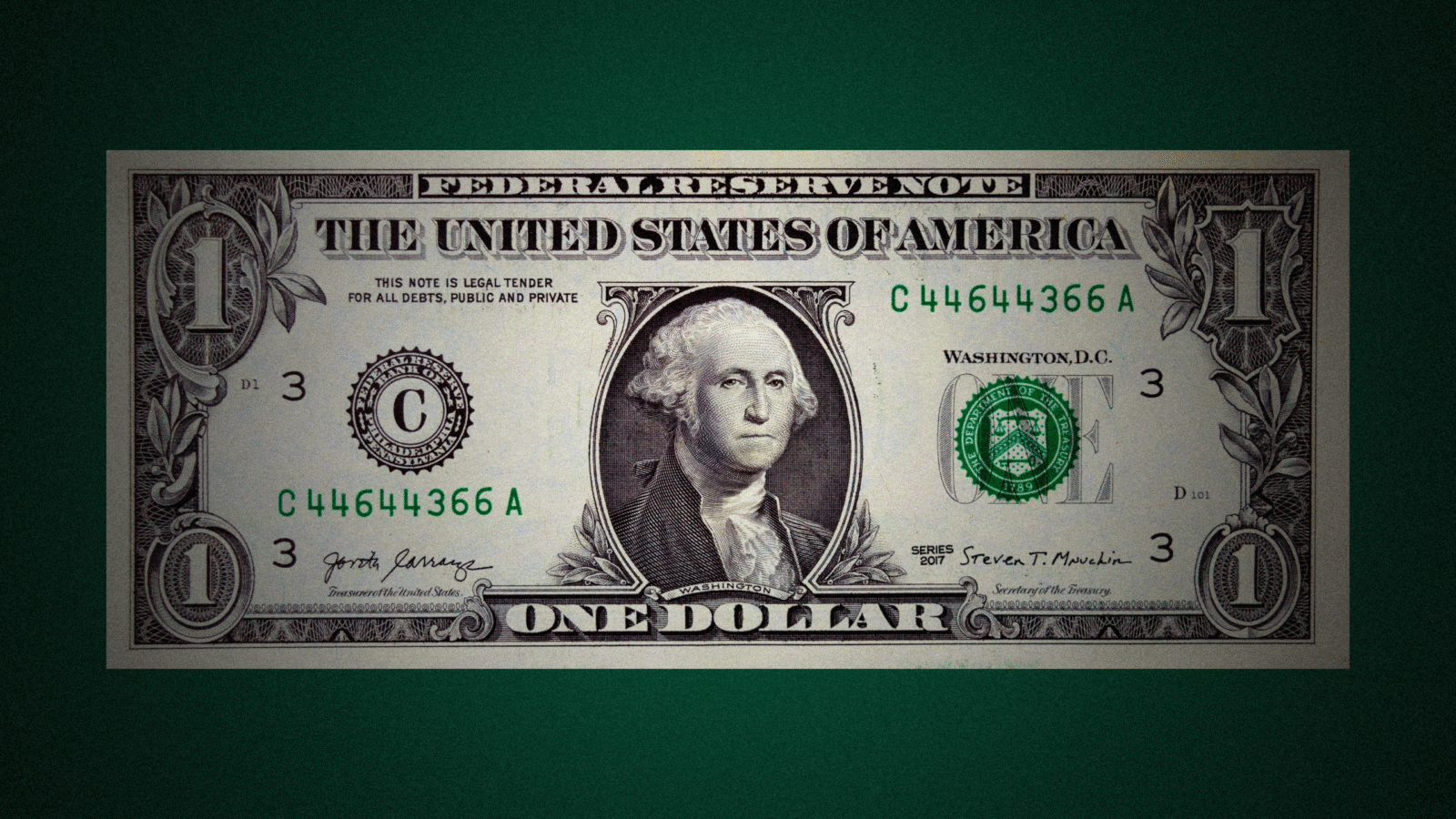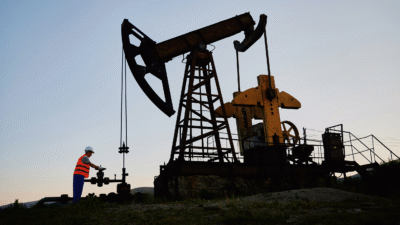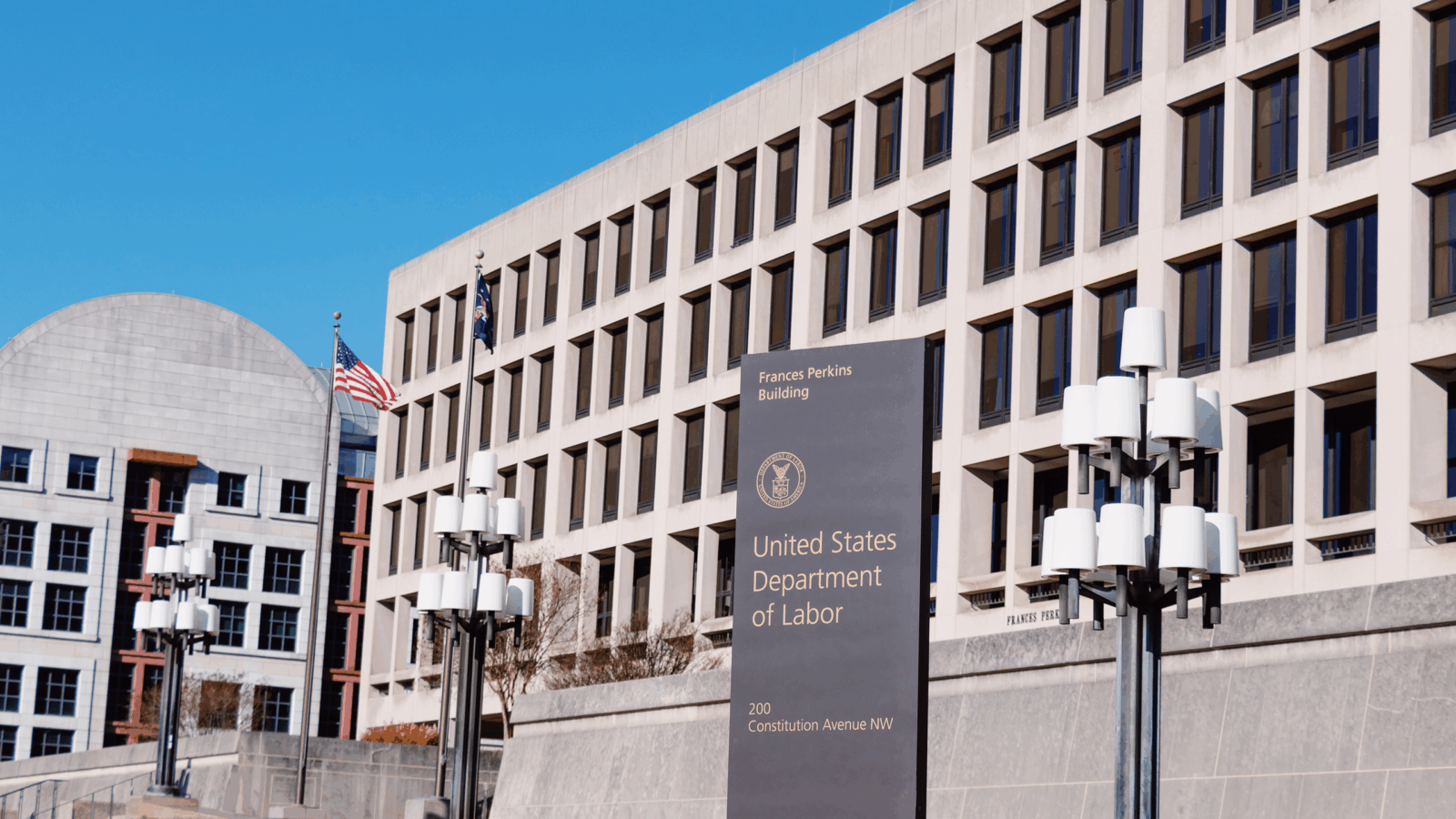Sign up for smart news, insights, and analysis on the biggest financial stories of the day.
It only took eight years to say “Mazel Tov.”
Almost a decade after it was founded, Israel’s long-delayed sovereign wealth fund launches today. For a country with famously volatile politics where governments can fall like Jenga blocks — last year, Israel held its fourth national election in two years — the much-planned launch marks an unwavering commitment to make good on a windfall.
Lucky Number Eight
In 2010, Israel discovered massive fields of liquid natural gas fields containing enough natural gas to meet thirty years’ worth of the country’s needs, according to Max Stern Yezreel Valley College research.
Parliament voted in 2014 to set up the wealth fund to invest surplus tax revenues from the nascent gas industry, but only once its holdings reached $300 million — and therein lies the reason for the delay. Ironically, a drag on commodity prices held gas industry revenues lower than expected for years, keeping the milestone out of reach.
It will take another year before Israel’s new fund starts paying dividends:
- A year from today, the fund — which will make investments around the world — will be allowed to allocate 3.5% of annual revenues to social, economic, and educational proposals. “The profits from Israel’s natural resources must be for the benefit of the citizens,” Avigdor Liberman, Israel’s finance minister, told the financial newspaper Globes.
- The model is smaller but similar to Norway’s famous $1.3 trillion Oil Fund and Saudi Arabia’s $580 billion Public Investment Fund, which deploys its oil riches into investments across the globe.
The timing ended up fortuitous: with energy prices trending higher, Israel’s natural gas and oil revenues were a record $380 million in 2021 according to the country’s Energy Ministry.
Port Protection: The US doesn’t have a federal sovereign wealth fund, but 10 states including Texas and New Mexico, do. The Alaska Permanent Fund pays out an annual dividend to residents based on the fund’s performance — last year, everyone got $1,114 — and has been cited by some as the first example of a Basic Income.











